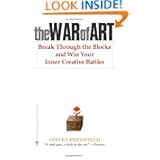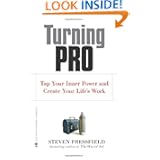Today, it’s actually two books. One is Growing Up God’s Way for Boys and the other Growing up God’s Way for Girls. I think a joint review works for this, though.
Parents are well aware of the impending, frightening years of puberty and body changes in their children. This is compounded by needing to discern the right way to even broach the subject and then needing to be comprehensive about a time that was, well, a long time ago for us parents. Additionally, we may not have even had all the experiences that are part of growing up, so how do we make sure what not to miss?
Into this discussion come Dr. Chris Richards and Dr. Liz Jones, both pediatricians, and their books Growing up God’s Way for Boys and Growing Up God’s Way for Girls. These paperbacks weigh in at 76 and 78 pages, respectively, and are intended for preteen to early teen readers.
The first positive I would note is both books provide information about the opposite gender. That is valuable, because the “man-to-man” talk about what’s happening in boys becoming young men needs to address how young women are changing. However, the information is abbreviated. For example, the volume designed for girls gives details about how the menstrual cycle works and what to do about it. The volume for boys points out the purpose of the menstrual cycle but gives no guidelines for what to do. This is logical, and demystifies what is happening. I like that.
Second, I would note that both books open with a ringing endorsement of marriage in God’s design. Jones and Richards are out to provide biological information in a Christ-centered moral framework, and God’s design and purpose are necessary to understand this. Human sexuality is part of Creation, and must be considered as part of the whole.
Third, Richards and Jones are clinical without being too cold. In this, they use the appropriate anatomical terms rather than any nicknames. By the time you have read through these, you’ll know who has what parts. For age-appropriateness, if your child is not ready to know that, they don’t need this yet.
On age appropriateness, the boys book is suggested at 10-14 and the girls at 9-13. This reflects that girls enter puberty a little earlier, a fact noted in the books as well. While the information remains true even for older teens, the presentation would be a little young for them. And, waiting to broach the subject until later teen years is a bad idea, anyway.
These little volumes have value for any parent hoping to navigate the waters of maturing physically with their kids, as well as maturing spiritually. I was pleasantly surprised at how well they handled the subject matter.
Books provided by EP Books in exchange for the review.





